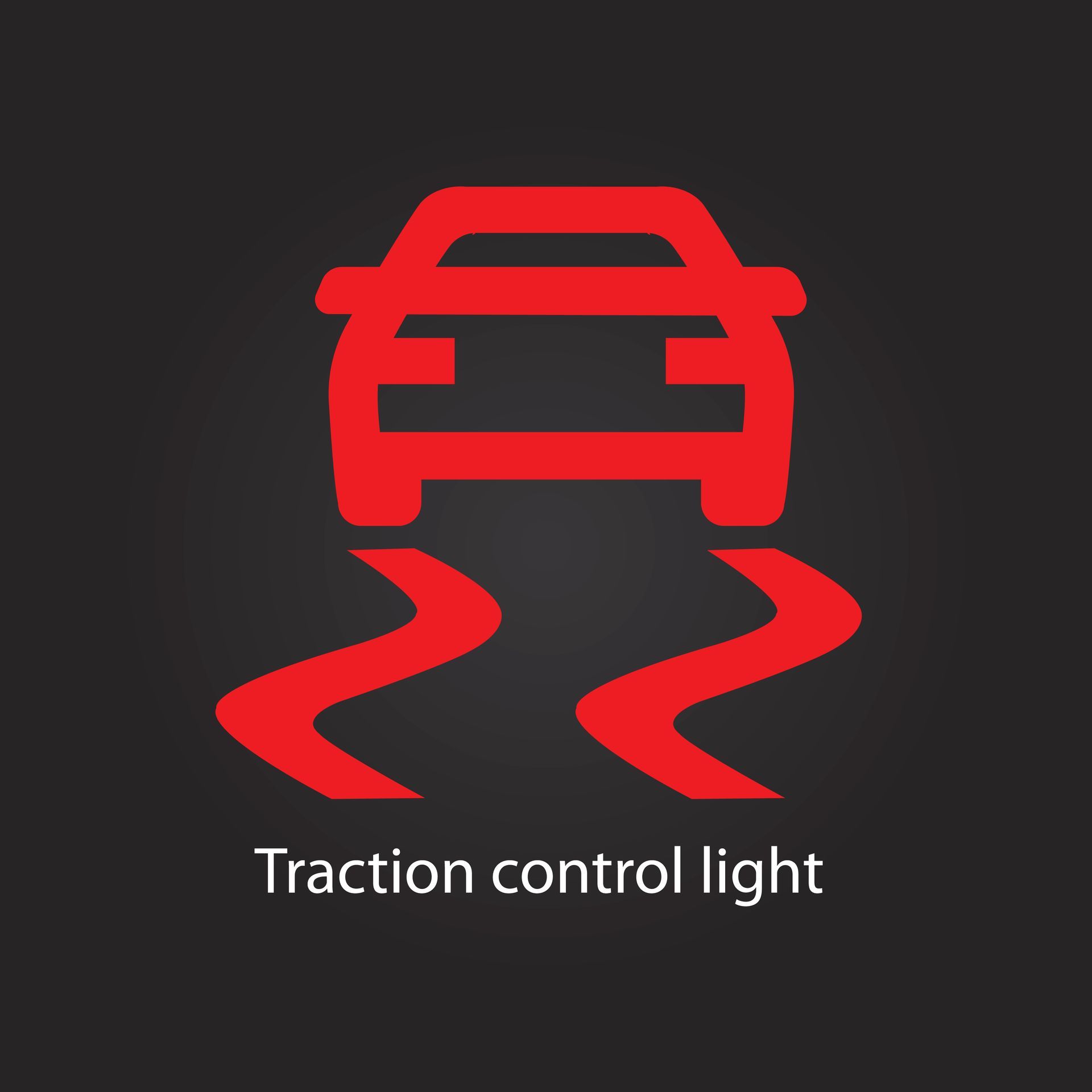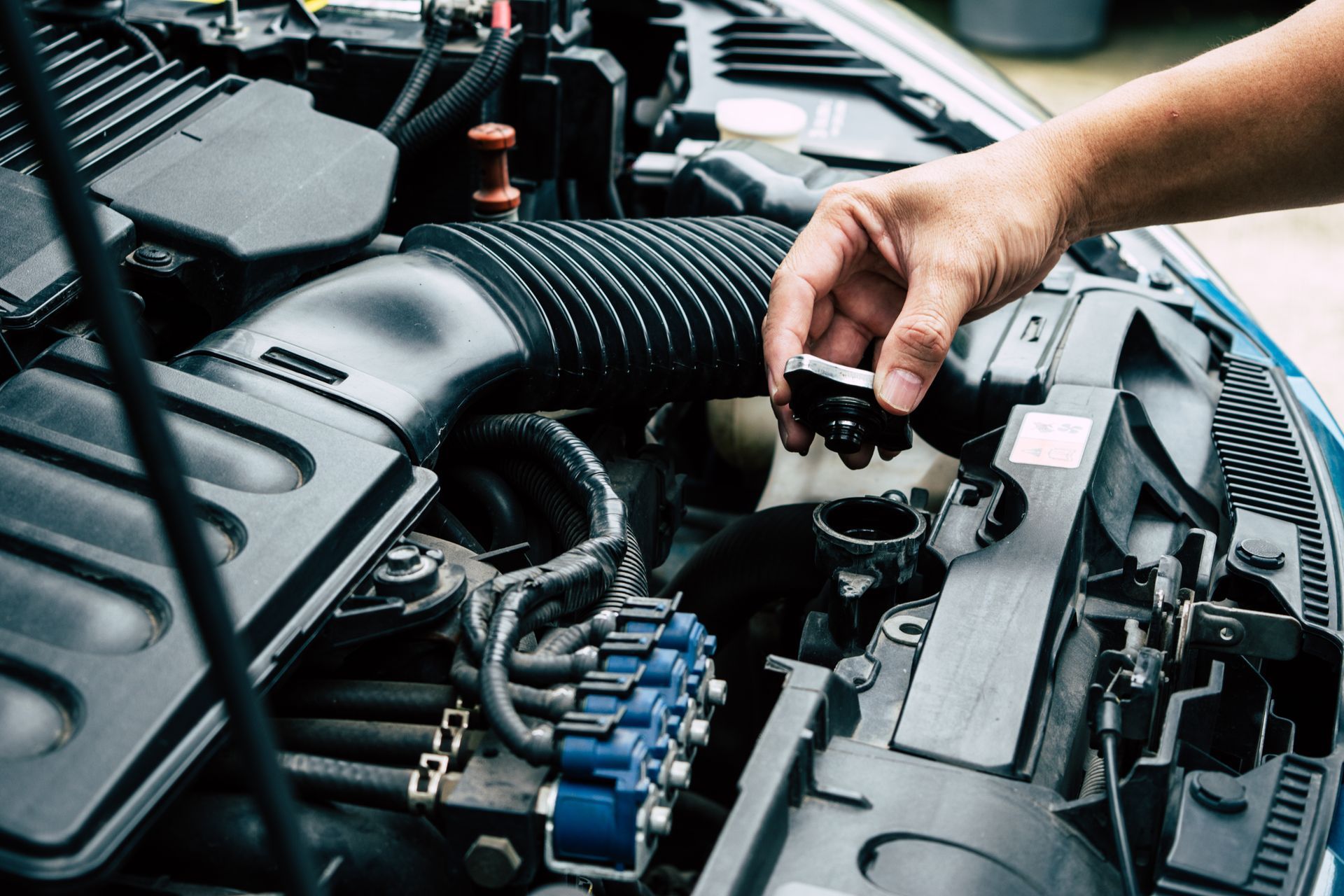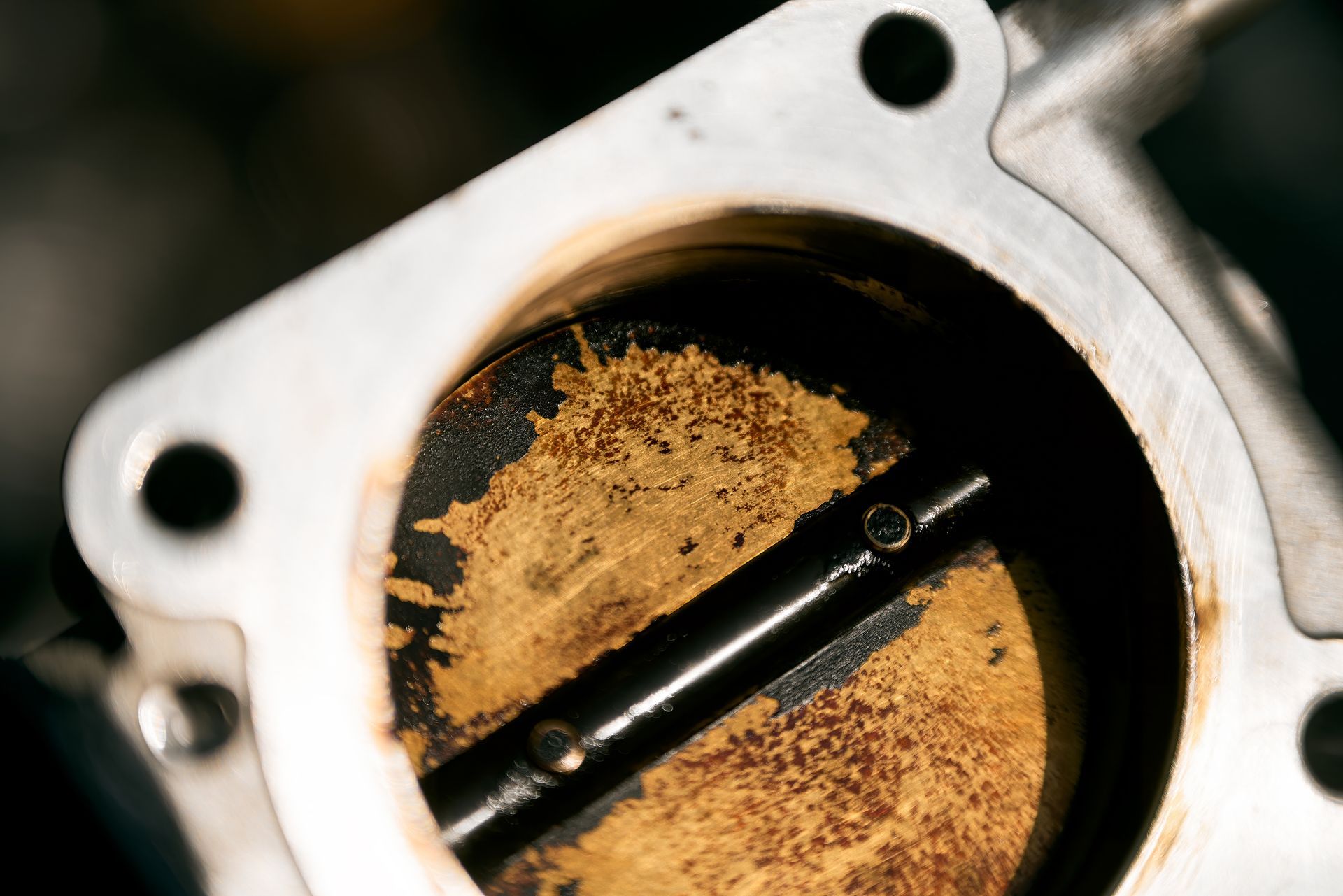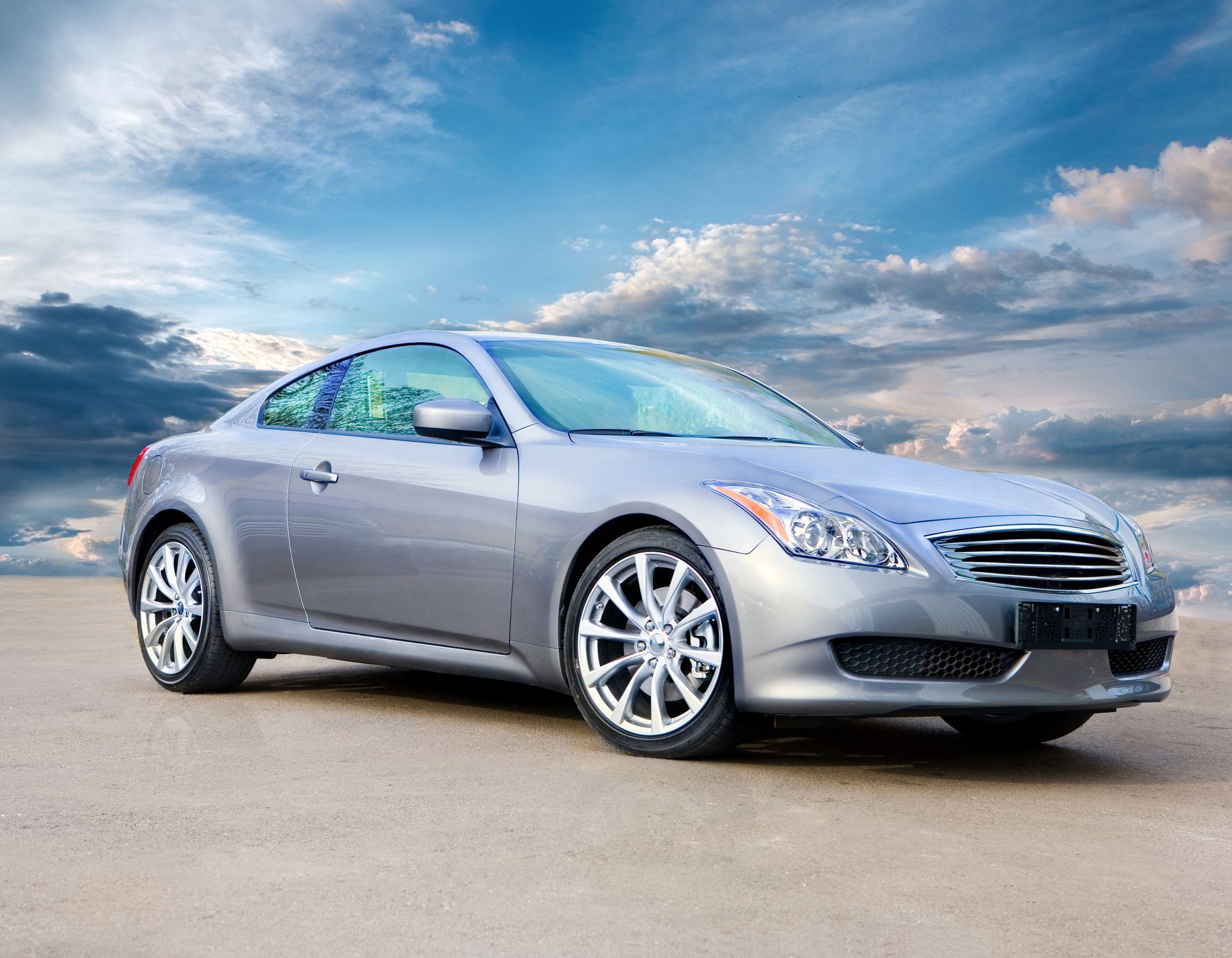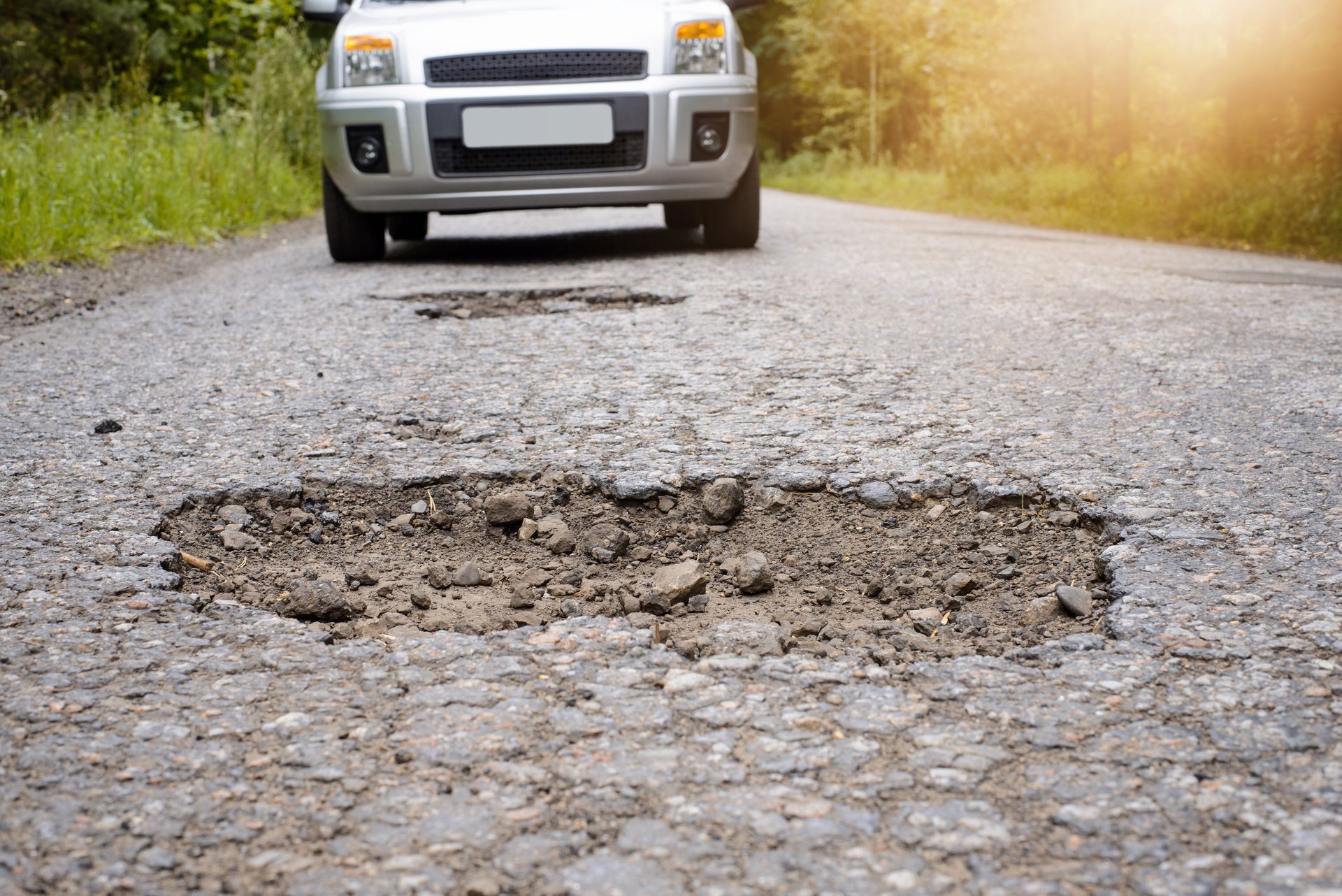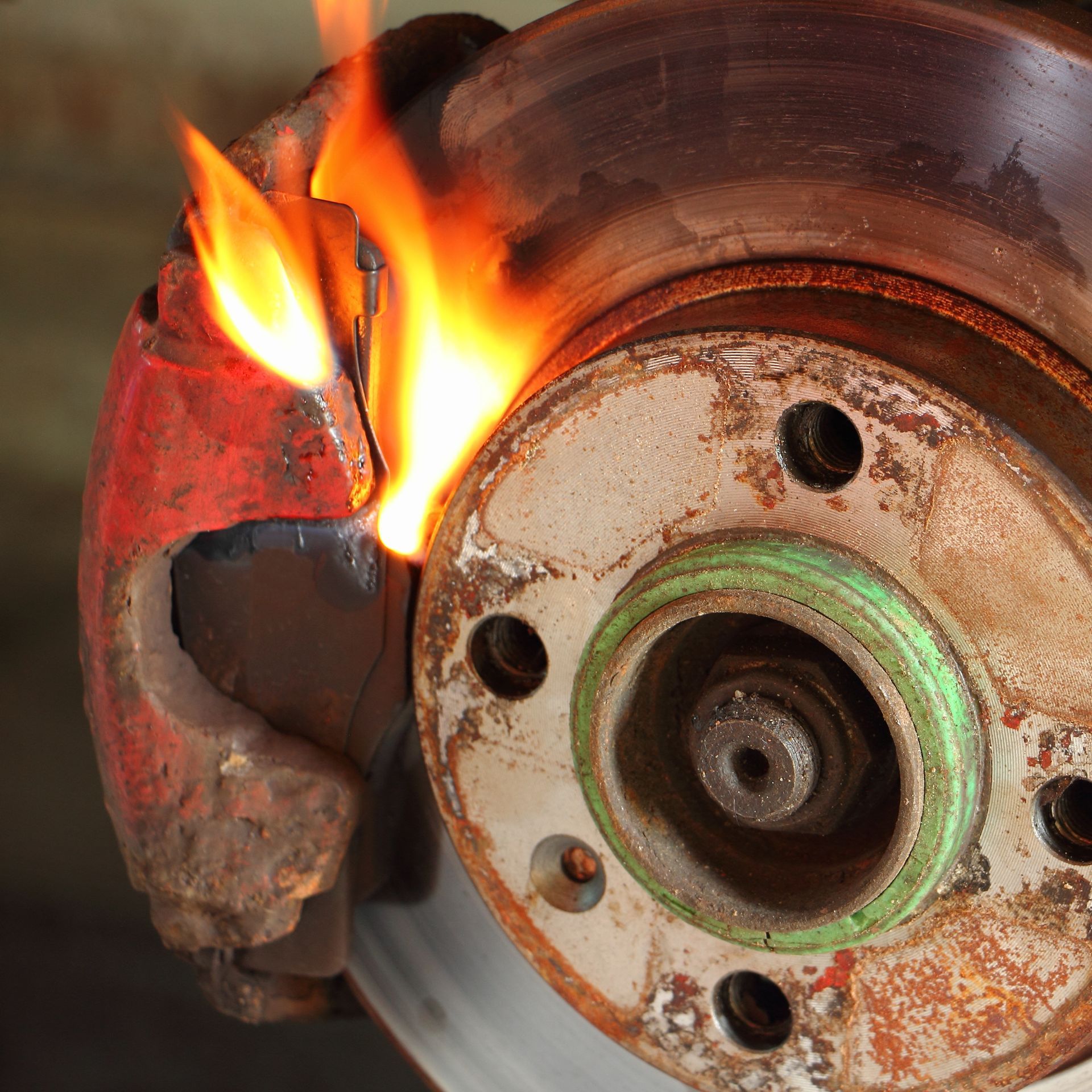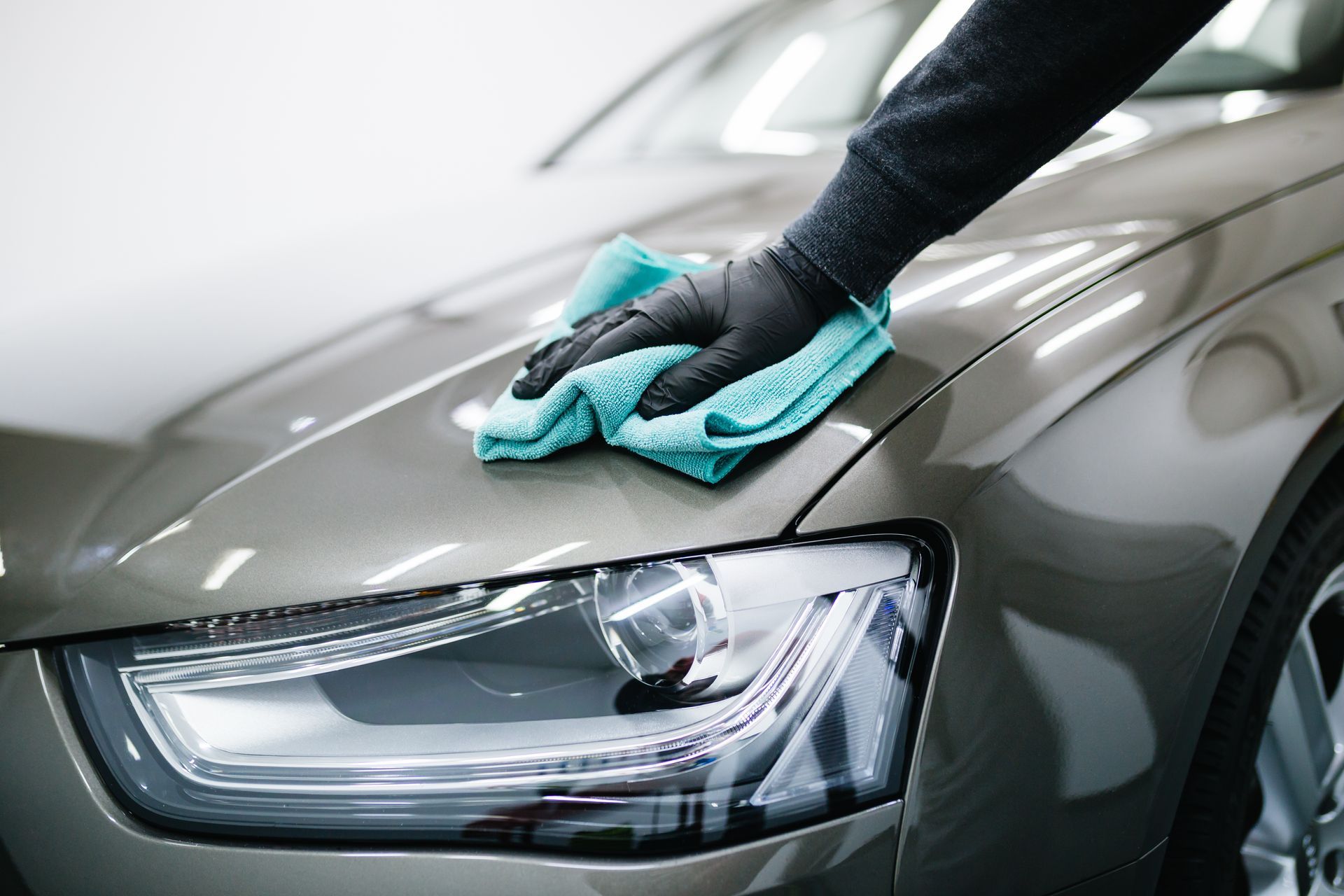Hyundai has built a strong reputation for producing reliable, affordable vehicles with impressive warranties. Many Hyundai owners enjoy years of dependable driving with minimal issues. Still, like any vehicle, Hyundais require regular maintenance and occasional repairs to stay in top condition.
At Mountain Tech Inc., we work on Hyundai vehicles of all ages and models, and we have noticed that certain repairs occur more frequently than others. Knowing what these common issues are can help you recognize early signs of trouble and address them before they turn into bigger, more expensive problems.
1. Brake Pad and Rotor Replacement
Brakes are one of the most frequent repairs for any vehicle, and Hyundai models are no exception. Over time, brake pads wear down from the friction needed to slow your vehicle. If not replaced on schedule, worn pads can damage the rotors, increasing repair costs.
You may need brake service if you hear squealing or grinding noises, feel vibrations when braking, or notice longer stopping distances. Regular inspections can help catch brake wear early so pads and rotors can be replaced before performance and safety are compromised.
2. Battery Replacement
While Hyundai vehicles are generally easy on batteries, no car battery lasts forever. Most last about three to five years, depending on driving habits and climate. A weak or failing battery can cause slow engine cranking, dim headlights, or difficulty starting the car.
Cold weather tends to expose battery weaknesses, and short trips that do not allow the battery to fully recharge can shorten its lifespan. Testing your battery regularly helps prevent the inconvenience of a sudden failure.
3. Suspension Component Wear
Many Hyundai models, especially those with higher mileage, can experience wear in suspension components like struts, shocks, and bushings. A worn suspension can cause a rough ride, uneven tire wear, and reduced stability in corners.
If your Hyundai feels “bouncy,” leans excessively when turning, or makes clunking noises over bumps, have the suspension inspected. Replacing worn parts restores ride comfort and ensures your tires last longer.
4. Alternator or Starter Failure
Electrical components like alternators and starters work hard every time you drive. The alternator keeps your battery charged and powers electrical systems while the engine runs, while the starter motor turns the engine over when you start the car.
When the alternator fails, your car may run for a short time but will eventually lose electrical power. A failing starter often results in a clicking sound when turning the key or pushing the start button. Testing these components during routine maintenance can catch problems before they leave you stranded.
5. Timing Belt or Chain Service
Depending on the model and year, your Hyundai may use a timing belt or a timing chain. The timing belt should be replaced according to the manufacturer’s interval, often between 60,000 and 100,000 miles. Neglecting to replace it can lead to serious engine damage if it fails.
Timing chains generally last longer, but can stretch or wear over time. Symptoms of timing component problems include rough running, rattling noises from the engine, and poor performance. Staying on top of timing maintenance is critical to protecting your engine.
6. Transmission Service and Repairs
While Hyundai transmissions are generally reliable, they still require maintenance to ensure long life. Dirty or degraded transmission fluid can cause rough shifting, slipping, or hesitation.
Many Hyundai models use automatic transmissions that benefit from fluid changes every 30,000 to 60,000 miles, depending on driving conditions. CVT (continuously variable transmission) models have their own specific fluid and service requirements. Addressing shifting problems early can prevent the need for major repairs later.
Preventive Maintenance Saves Money
While these are the most common Hyundai repairs we see, many can be avoided or delayed with proper maintenance. Regular oil changes, fluid inspections, tire rotations, and system checks help keep small issues from becoming major ones.
Listening for new noises, paying attention to dashboard warning lights, and addressing changes in how your car drives are all part of staying ahead of problems.
Expert Hyundai Service in Oregon City, OR
At Mountain Tech Inc. in Oregon City, OR, we know Hyundai vehicles inside and out. Whether you drive a Sonata, Elantra, Tucson, or any other model, our experienced team can handle everything from routine maintenance to major repairs.
If your Hyundai needs attention, schedule an appointment with us today so we can help keep your car safe, reliable, and running at peak performance.



